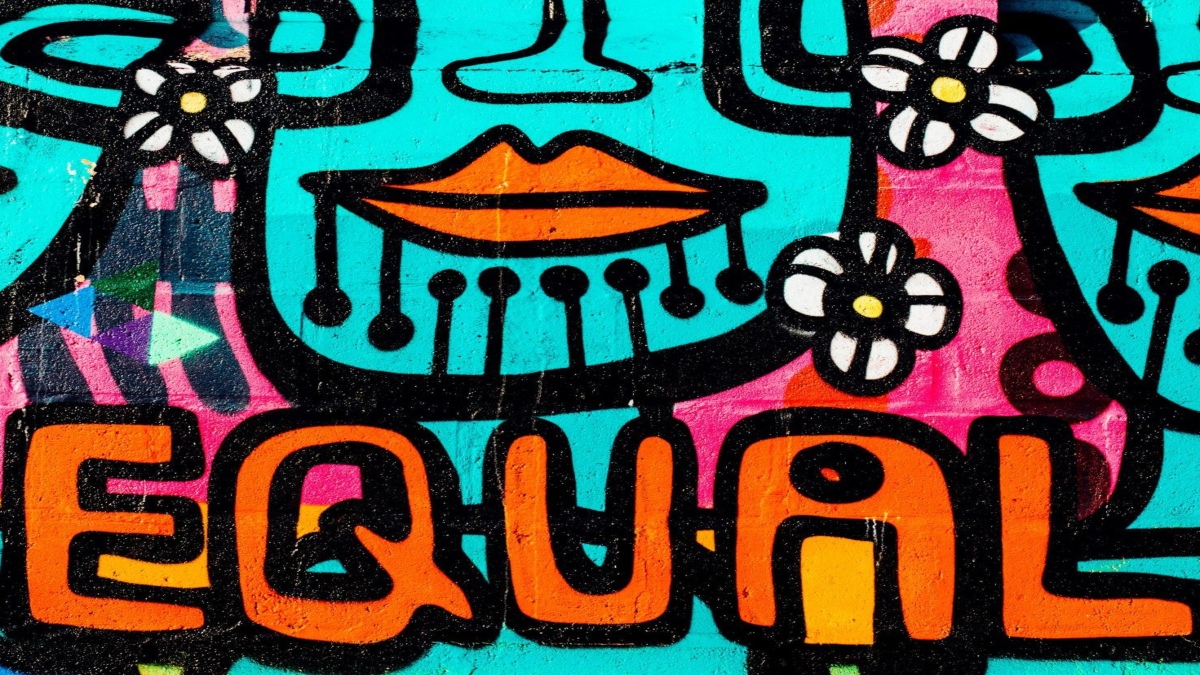
In the words of Michelle Obama, “No country can ever truly flourish if it stifles the potential of its women and deprives itself of the contributions of half its population.” Even in democratic societies like ours in which gender equality is legally mandated, it cannot be denied that gender discrimination occurs in politics. This could be either in regards to political allegiances that fall along gender lines or the disparate gender representation within representative democracies.
While gender stereotypes and discrimination can have negative effects on men as well, the vast majority of structural gender inequality in the spheres of social, political, economical, and professional inequalities, as well as the overwhelming burden of sexual violence is borne by women. Historically, this was even more true in various countries across the world when women were neither considered full citizens nor could not vote.
Even before the coronavirus pandemic struck, the world was far from reaching the utopian idea of gender parity but the pandemic has only further worsened the adverse effects. According to the World Economic Forum’s 2021 Global Gender Gap Report, it would take more than 135 years for countries to close the gender gap, which is an increase of more than 35 years from the WEF’s 2020 report. Across the four sectors that were measured:
1. political empowerment,
2. economic participation,
3. education,
4. health
The greatest disparities are seen most among political empowerment. This measure of gender parity within politics takes into account political representation from the parliamentary level to heads of state.
India, which is the world’s largest democracy also has its fair share of gender disparity in politics. Where are the women? It is quite evident that political power is still a male domain in our country. There is no denying the fact that greater participation of women in the political affairs of the country would be a pre-condition for their economic and social liberation.
Even though, over the years there has been a significant increase in the number of women voters in the country – only a few of them assume the reins of power. Paradoxically, though women have held the posts of President and Prime Minister as well as Chief Ministers of various states in India, the country ranks 140 from 156 countries from the bottom in terms of representation of women in Parliament, according to the World Economic Forum’s Global Gender Gap Report 2021.
Although there have been women who have made a niche for themselves in the world of Indian politics, like Indira Gandhi, Sushma Swaraj, Jayalalitha, Mamata Banerjee, Mayawati, Smriti Irani to name a few, these few representations though do not paint the actual picture, which is that India needs more strong, capable women in active politics. Should we, thus, look at the situation as this is a gender discrimination or an outlook from women’s side as well!
The problems of women not promoting themselves in politics, also depends on themselves. Women must take the responsibilities of their own career in politics. They are capable of whatever they wish to do. None can be blamed for their own non-interest in politics. If women can take their space in public civil services, military services, corporate services; they can also occupy their places in the political arena.
This brings us to the question – what can we do to reduce gender parity and have more women leaders in Indian politics?
The word ‘Parity’ meaning equal in politics refers here in context. Different gender is always different and can never be equal. Yes, we should say equality in politics for both the genders, we should rather put parity in politics for humans, not men or women.
There is a common and evident misconception that female political representatives are merely a front for their male relatives. We need to change this and educate people that women are capable leaders and are not merely placeholders in politics. A good place to start change would be to encourage more women voters and encourage them to actively participate in local politics. Politics is not just for men, political and government policies affect everyone in society and everyone, including women, should have a say in it. For example, an experiment was conducted in 2018 in Madhya Pradesh to enhance women’s presence in the political space. The results show that women who participated in a self-help group were twice as likely to attend village assembly meetings or make a claim on local leaders.
Furthermore, women must acknowledge that they are those who want politics for their career. Your own decision will give a fillip to the wishes of yours. It is a very simple working philosophy that whatever you want to do you can do provided the right platform, right mindset, right knowledge and right skill are in the right direction. And this goes for all men and women.
Women and men are two wheels of a motorbike. Both must run smoothly and parallelly. If men want the national and social motorbike giving better performance, help women to cooperate by being equally active and good political performers.
While there is still a long way to go for women’s political representation in India, especially at higher levels of government, by actively including more female political leaders- more women would be inspired to exercise their democratic rights. This could also help in contributing towards India’s improved performance on the other indicators of women’s economic participation and opportunity, educational attainment, health and overall better survival.
Amaresh Rai is a political mentor